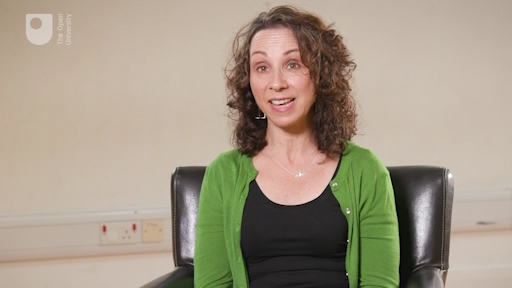4 Maintaining motivation
If you are a work-at-home freelancer, sometimes it can be difficult to motivate yourself, particularly if you feel uncertain about what lies ahead, or have lost your enjoyment of the creative process.
Watch this short video to hear what our creative freelancers recommend.

Transcript: Video 6
Ervin (2014) shares this view in her blogpost ‘9 steps to staying motivated, for artists, makers and creative freelancers’:
- Work with your strengths – strengths are skills that you enjoy using and that energise you.
- Seek intrinsic motivators – if you can identify your ‘internal drivers of success’, you’re more likely to feel motivated. Is it all about money and appreciation or are you more interested in mastering your specialism? What is the purpose behind your work?
- Set ‘big hairy audacious goals’ – intended to be very difficult but not impossible to achieve and require ten or more years of commitment. This goal should be so exciting that the vision of achieving it kicks you into gear.
- Set the mood – find the right time of day to be creative and try to create a calm environment. Make sure you are healthy and getting enough sleep.
- Set your schedule – try experimenting with different daily routines. Get plenty of sleep and schedule regular breaks.
- Stay creatively fuelled – seeking out new challenges and expanding your world view will enhance your creativity.
- Stay accountable – set yourself hard deadlines and stick to them. Find a like-minded person or group and agree to hold each other to account.
- Say no to procrastination – visualise how good you’ll feel when you’ve completed your task and build momentum by starting with the steps you most feel like doing.
- Persevere – recognise that disappointments and frustration are inevitable and the key to success is committing to your long-term goals despite adversity.
Ervin’s 8th step is about procrastination, which is something most experience from time to time. In the next section you’ll learn some useful strategies to use against it.
